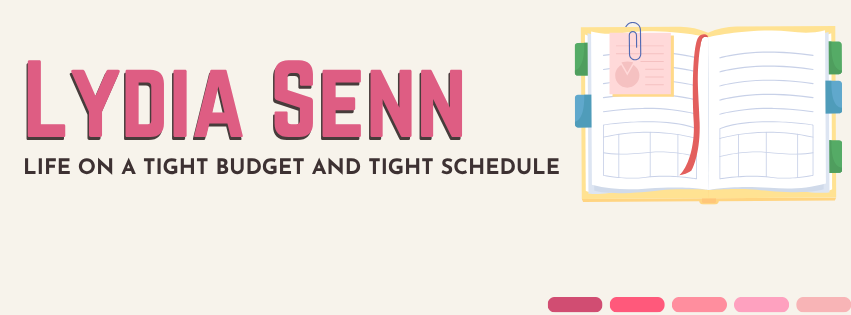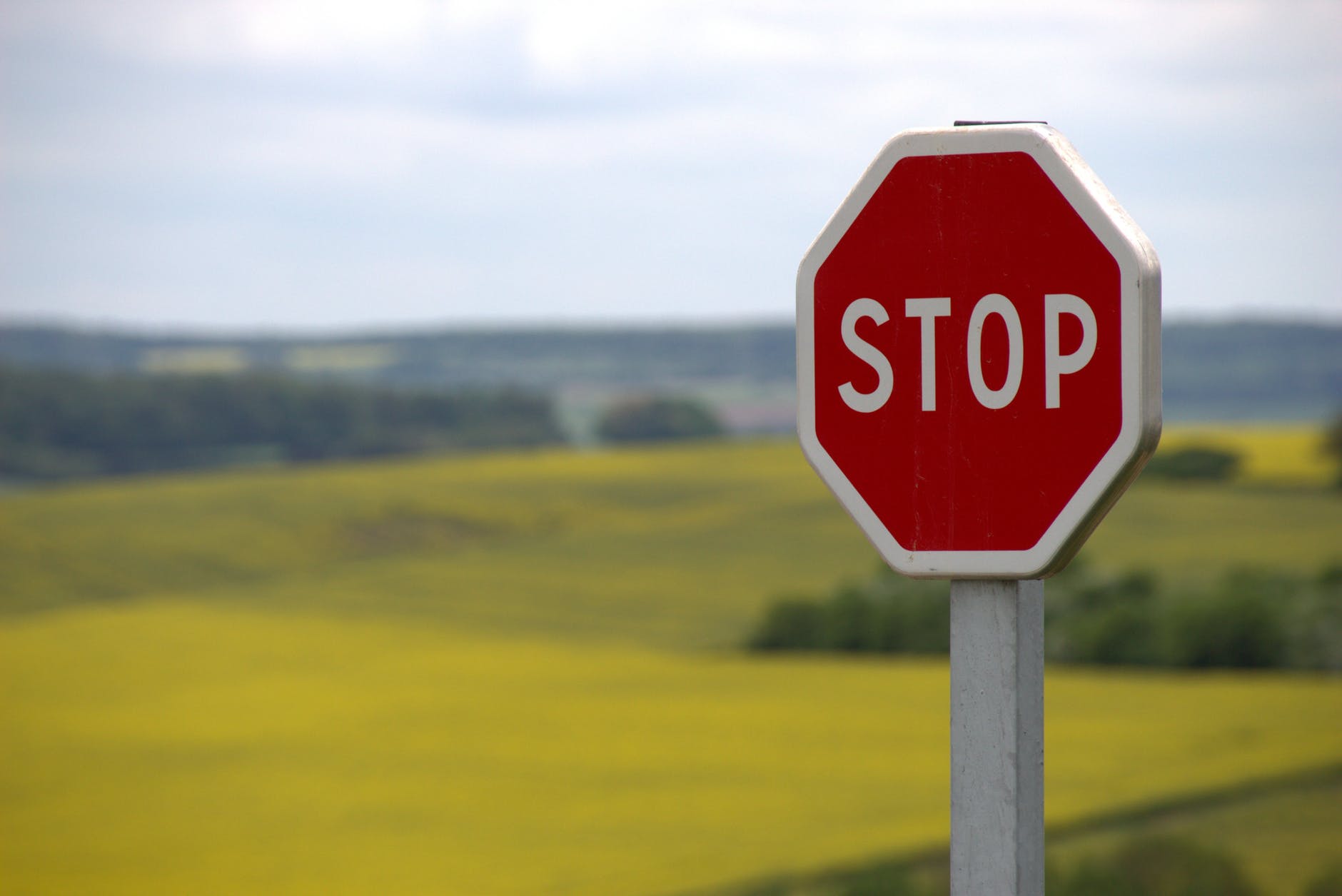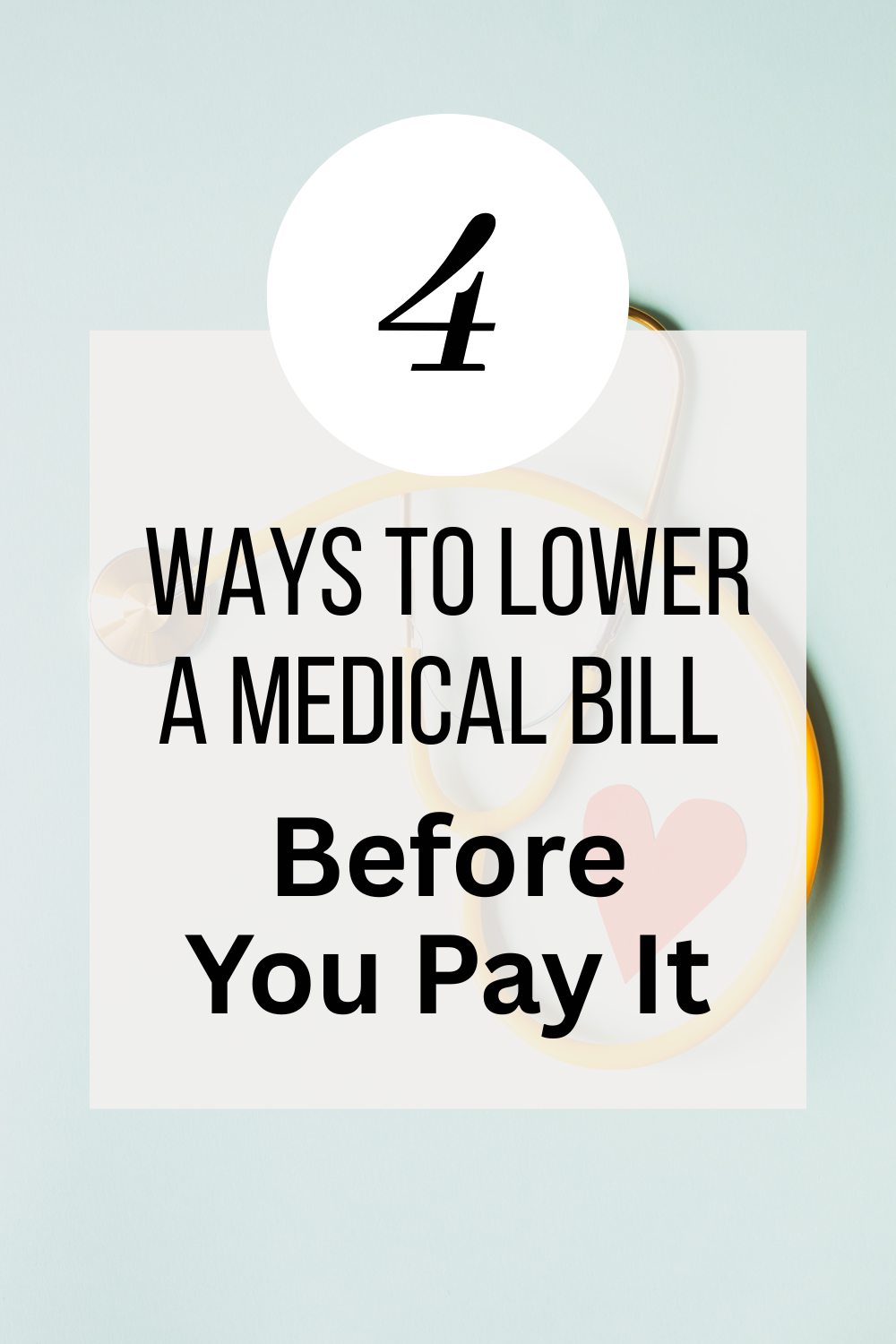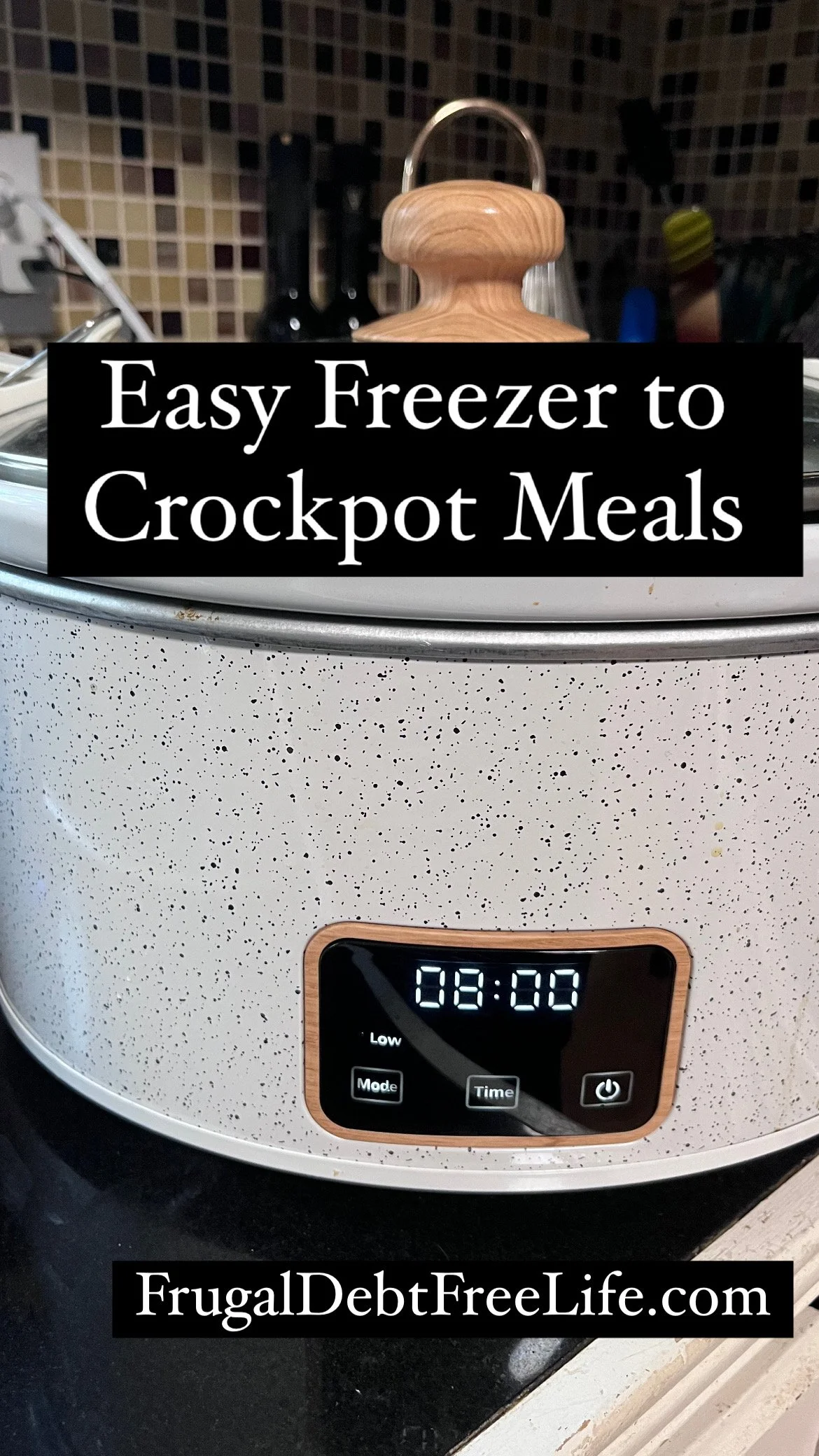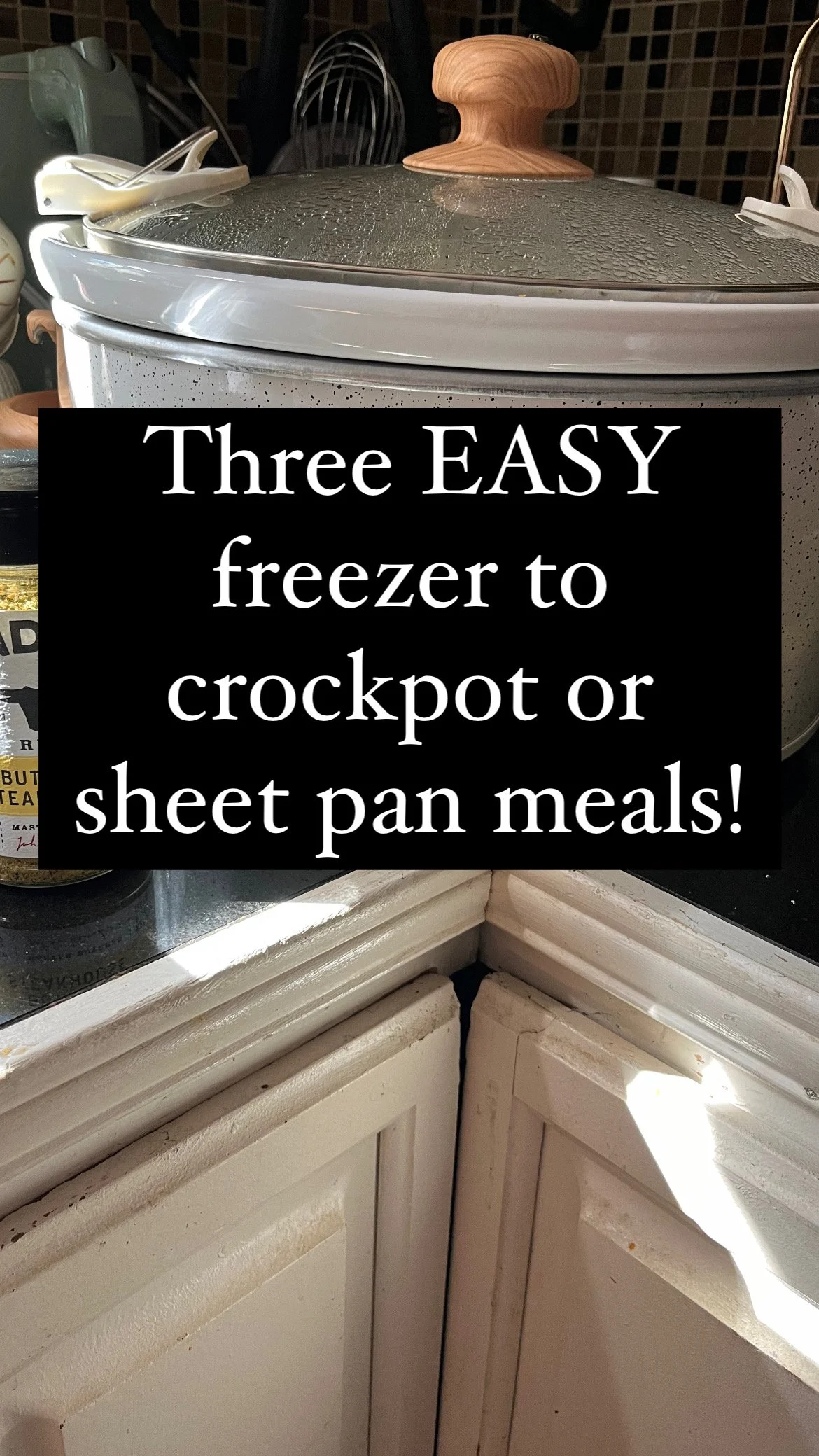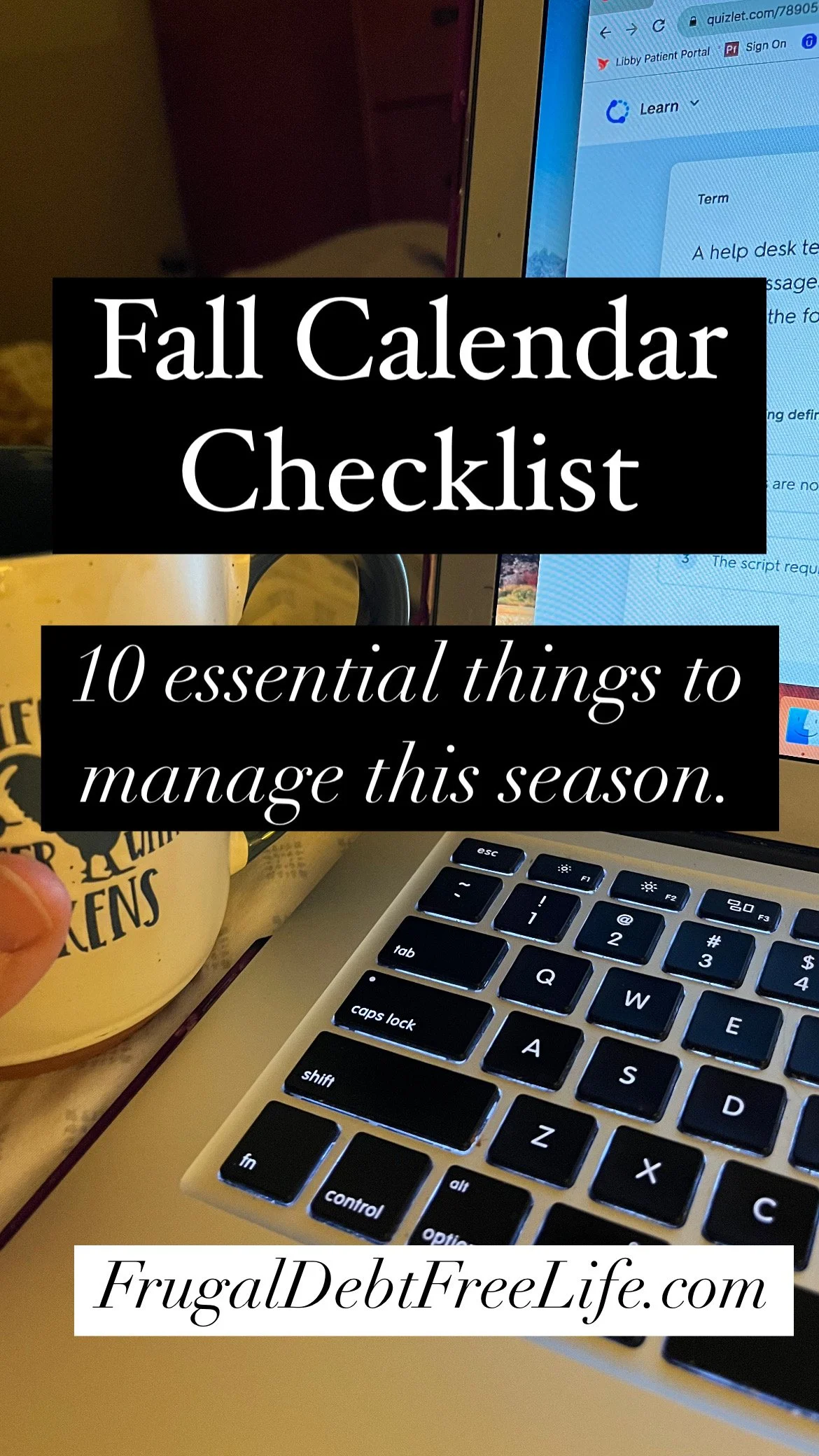Four steps for building up your emergency fund fast
I like to refer to my emergency fund as my financial secret weapon. But if you’re starting from scratch the idea of building an emergency fund might be a little overwhelming. So today I am going to give you a few tips to help you build that emergency fund faster.
This is my plea to you -- to stop whatever it is you are doing and go right now and start working on an emergency fund.
But first: What is an emergency fund?
The definition is right there in the name. It's money set aside for an emergency
But what is an emergency?
This is where the gray area starts to set in. Maybe your car dies and you need to get it repaired so that you can go to work. Or maybe you end up needing to buy a little beater to drive around town until you get back on your feet. Maybe you lost a job and you need that money to live off of for a little while. Or maybe there's a death in the family and you need to cover travel expenses to get to a funeral. There are lots of cases that can be considered an emergency.
I'm very grateful for our emergency fund. I'm always grateful that it's there even when it takes a hit because I don't know what we would do without it. Because I feel like your emergency fund gives you options. When you get desperate, that's when bad decisions really start to happen and start to pile up. And as I've said before, bad decisions don't just come one at a time; bad decisions are like a hoard of zombies that will eat you alive. They never come alone. They always travel in packs.
Having an emergency fund in place is that breath of oxygen that you need to boost you through the coming days and weeks.
Now if you're a follower of Dave Ramsey, he says to start with $1,000 or $500 if your income is under, like, $20,000 or something like that. You start off with around $1,000, then you pay off your bills, largest to smallest. And then you save up for a 3-6-month emergency fund. That is great advice. I think $1,000 is a great place to start.
I think that, long-term, $1,000 is not going to be enough. My personal opinion. We'd maybe want to have $2,000 or $3,000.
But the good news is: you don't have to have your emergency fund in place overnight.
Take small actionable steps to maybe cut some things from your budget and see if you can start sucking up cash. But getting that emergency fund in place absolutely has to be your #1 priority. It's like an insurance policy.
Yes, it hurts to spend that money. But you're going to be so glad that it's there.
I recently listened to a story on NPR that was absolutely heartbreaking. It talked about how the majority of working Americans do not have enough money to cover a $500 emergency. Meaning that $500 would be financially catastrophic for them. Guys, that breaks my heart.
I was folding laundry earlier today and watching old episodes of This Is Us because I'm trying to catch up. I was thinking about how hard life was when we were in debt. This was before we had children or anything. We would question "What bill are we going to pay this month? What's going to be late? Who are we going to have to call for an extension?"
That's not our life anymore. But I was always living in constant fear that there was going to be some sort of emergency and we were not going to be able to get through it.
So let's talk about a few ways that you can build up your emergency fund quickly.
Stop spending money
Obviously, the first thing you're going to want to do when saving up for that emergency fund is stop spending money.
Don't go out to eat. Don't buy coffee. Cancel your Netflix subscription. Save every penny you have until you have $1,000.
Find ways to save
I talked about doing an eat from the pantry challenge recently. A lot of you had questions, so I'll make a video all about that later. But what I mean by eat from the pantry, I don't mean just like beans and pasta in your pantry, I mean whatever you have in your refrigerator and in your freezer. Just for one or two weeks, you don't buy groceries and you eat up all that food that you have in your house.
You save some money and you put it towards your emergency fund.
7 dinners that you can make for $5 or less.
Eat from the pantry challenges, eat from the freezer challenges, whatever they are -- it's like magic money that just shows up.
Earn some extra cash
Go through your house and see if you can find anything to sell.
Anything at all. If it's not nailed down, sell it. I made $440 in one week selling things off eBay and on Facebook marketplace. I'm actually going through my house again because I've got some goals that I'm trying to reach.
You need to have a yard sale, have a yard sale. We made $220 one Saturday morning in just about two hours just doing a yard sale. It's amazing, but it is a lot of work, I will say that. You can also use Amazon trade-in to trade in DVDs and books. I'll link below to a blog post that I wrote about that. You're not going to get cash but you will get Amazon gift cards that you can use to buy your necessities while you're saving up cash. Things like coffee, toiletries, toilet paper, diapers, that sort of thing.
10 side hustles to help you earn extra cash.
Find some more income.
Start a side hustle, if you have to. Start proofreading; start doing some transcription work; take on some babysitting jobs, if you need to. The girl in our homeschool coop is selling loaves of sourdough bread. Use whatever skills and talents that you have.
